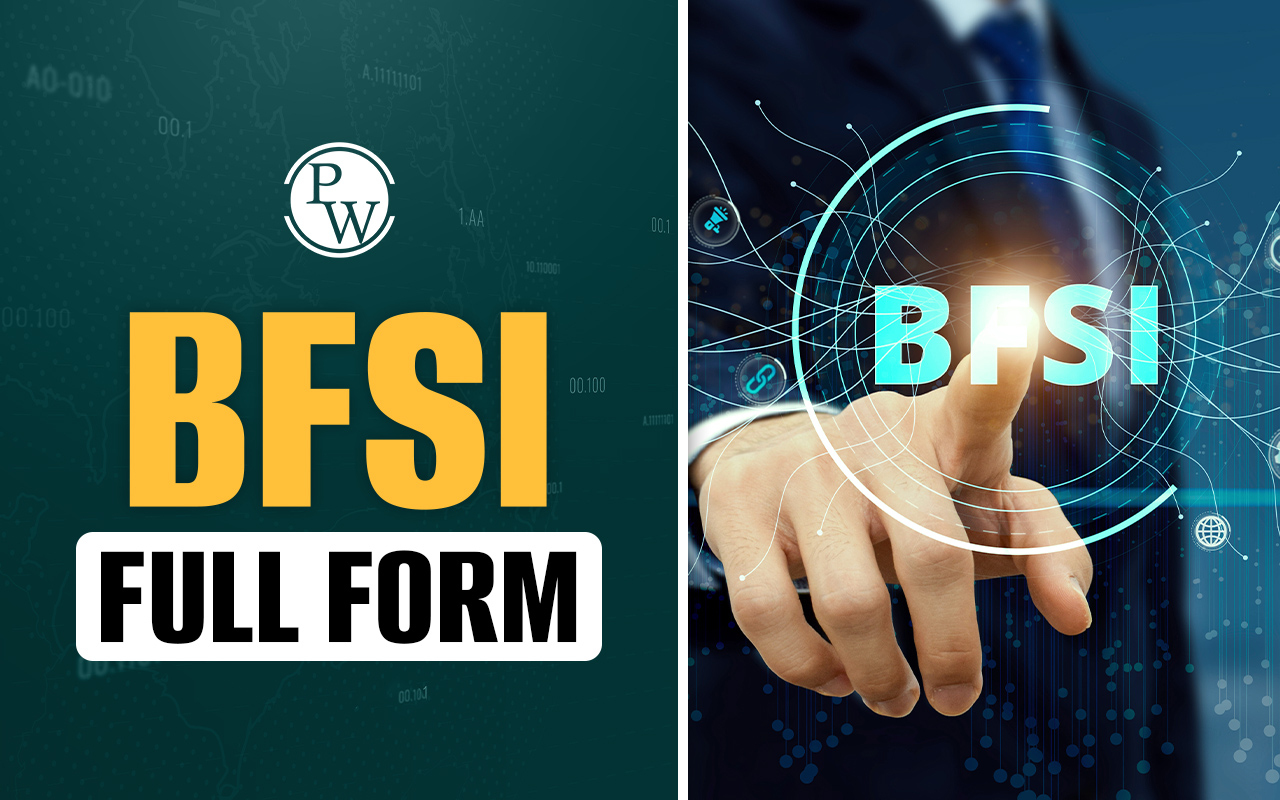
Business Banking is a specialized branch of banking services designed specifically for the needs of businesses rather than individuals. It encompasses a broad range of financial products and services that assist businesses in managing their daily financial operations, facilitating growth, and maintaining efficient cash flow systems. From offering checking and savings accounts to enabling payroll management and access to loans, business banking is essential for enterprises of all sizes.
Unlike retail banking, which caters to individual customers, business banking focuses on meeting the unique requirements of businesses, startups, SMEs, and large corporations. Services under business banking help in organizing finances, building credibility, ensuring compliance, and enabling smooth operations.
What Is Business Banking?
Business Banking refers to the suite of financial services banks and financial institutions offer to businesses. These services are designed to address the complex and dynamic financial needs of a company. From managing working capital to offering secure payment gateways, business banking ensures that a company’s financial foundation remains strong and compliant.
Banks typically offer multiple service tiers in business banking to suit startups, growing businesses, and large organizations. These services may be accessed through traditional physical branches or through modern digital banking platforms.
Benefits of Business Banking
The benefits of business banking extend beyond just managing funds. Some of the key advantages include:
Clean Financial Records: Keeping business and personal finances separate ensures accurate bookkeeping. This helps in maintaining clarity and simplifies accounting processes.
Simplified Tax Filing: With all business transactions in one account, it becomes easier to calculate taxes, claim deductions, and avoid audit complications.
Legal Protection: Separating personal and business accounts provides legal cover in case of liabilities, enhancing business protection.
Credit Building: Businesses that use dedicated bank accounts and credit lines build better creditworthiness over time.
Professionalism: A dedicated business account enhances the image of your business, increasing trust among vendors and clients.
Also Check: What Is a Bank Statement?
Types of Business Banking
Understanding the types of business banking helps in choosing the right services for your enterprise:
Traditional Business Banking: Operates through brick-and-mortar branches, offering face-to-face interactions and personalized services.
Digital Business Banking: Provides a seamless, tech-enabled experience with smart dashboards, automation, and remote banking access. Ideal for businesses looking for convenience and speed.
Types of Business Banking Services
Business banking goes beyond basic account management. The services include:
Financing
Banks offer various financial tools such as:
- Business loans
- Credit lines
- Equipment financing
These help companies expand, manage inventory, or cover day-to-day expenses.
Wealth Management
For businesses with surplus funds, banks provide wealth management services. This includes investment advice, asset diversification, and managing idle cash for better returns.
Cash Management
Cash flow is the lifeblood of any business. Business banking services include receivables and payables management, fraud prevention tools, automated payments, and liquidity optimization.
Payroll Management
Managing salaries manually is tedious and error-prone. Business banking solutions automate payroll processes, handle tax deductions, and generate payslips efficiently.
How Does Business Banking Work?
Business banking functions by providing tailored financial services based on the size and needs of a business. Banks design customized packages with flexible features, allowing companies to manage operations like:
- Vendor payments
- Salary disbursal
- GST and tax payments
- Loan repayment
- Transaction tracking
With advanced tools, business banking platforms also allow for automated reconciliations, financial reporting, and integration with accounting software.
Difference Between Business and Retail Banking
Below we've mentioned a clear difference between business and retail banking for better understanding of business banking and reatil banking:
| Difference Between Business Banking and Retail Banking | ||
| Feature | Business Banking | Retail Banking |
| Target Audience | Businesses and enterprises | Individual consumers |
| Loan Options | Business loans, credit | Personal loans |
| Account Types | Business checking/savings | Individual accounts |
| Services Offered | Payroll, vendor payments | Bill payments, deposits |
| Financial Advice | Investment & cash flow | Personal finance |
This distinction ensures that business banking services remain relevant and robust for corporate clients.
Best-in-Class Business Banking Experience
Today, business owners expect more than just basic banking. They look for a seamless experience that combines technology, security, and flexibility. A superior business banking experience includes:
- Smart dashboards for easy tracking
- Real-time alerts and fraud monitoring
- Multi-user access and approval workflows
- Digital onboarding and minimal paperwork
Digital-first platforms are now redefining how businesses interact with their banks. By offering integrated services like invoicing, expense tracking, and tax payment portals, modern business banking is helping companies save time and streamline operations.
Why Businesses Should Opt for Business Banking
Businesses of all sizes benefit from dedicated banking services tailored to their operations. Whether it’s about securing a business credit card, applying for a loan, or automating payroll, business banking simplifies the financial ecosystem.
When a business has a proper financial structure in place through reliable banking services, it boosts investor confidence and improves operational transparency.
Business Banking is not just a convenience but a necessity for enterprises aiming for structured financial growth and sustainability. With offerings ranging from financing solutions to wealth and payroll management, business banking plays a pivotal role in strengthening a company’s financial health.
Whether you’re a startup or a well-established enterprise, choosing the right banking partner is key to streamlining your financial operations. From managing cash flow to building credit and ensuring compliance, the right business banking services make a significant difference.
If you’re still wondering, What Is Business Banking? It is the backbone of a successful, compliant, and scalable enterprise. Understanding the benefits of business banking and choosing from various types of business banking services can lead to more informed financial decisions and long-term growth.
PW BFSI Course
And if you’re passionate about mastering personal finance, banking operations, or pursuing a career in the financial sector, don’t miss out on PW BFSI Courses. These industry-relevant programs equip you with practical knowledge and skills for the ever-evolving banking, finance, and insurance sectors.
PW BFSI Courses help you confidently handle financial products like checking vs. savings accounts, investment options, loans, and more. It’s time to boost your career and financial literacy.
Business Banking FAQs
What is business banking?
What are the benefits of business banking?
What types of business banking are available?
How does business banking differ from retail banking?







